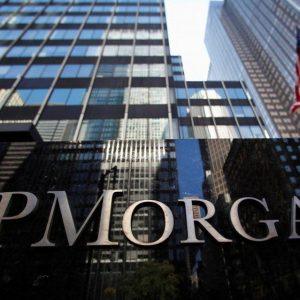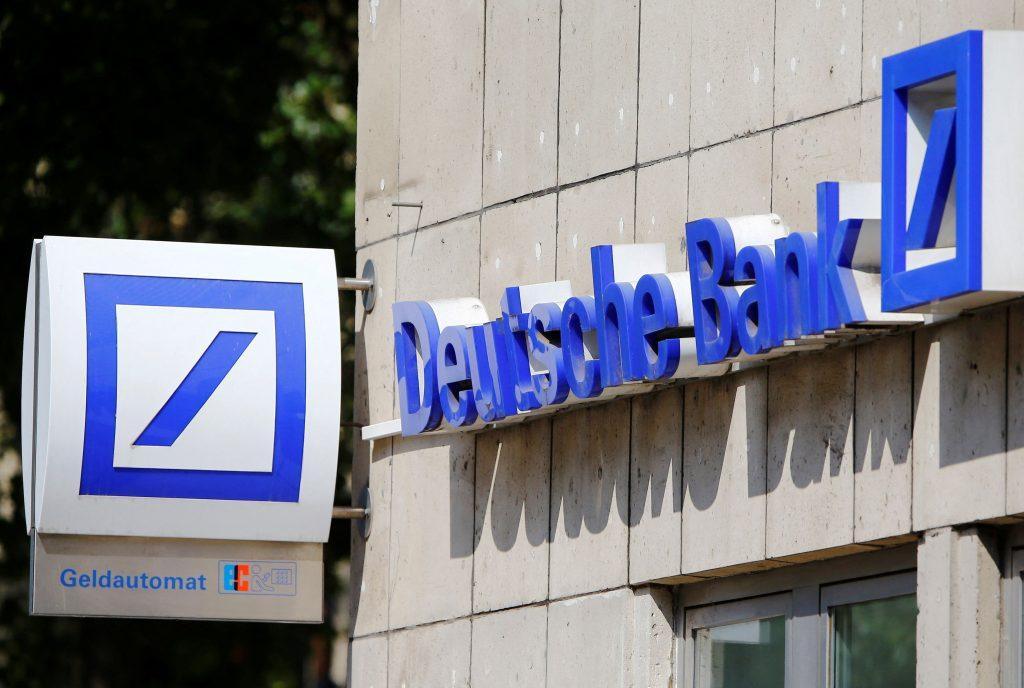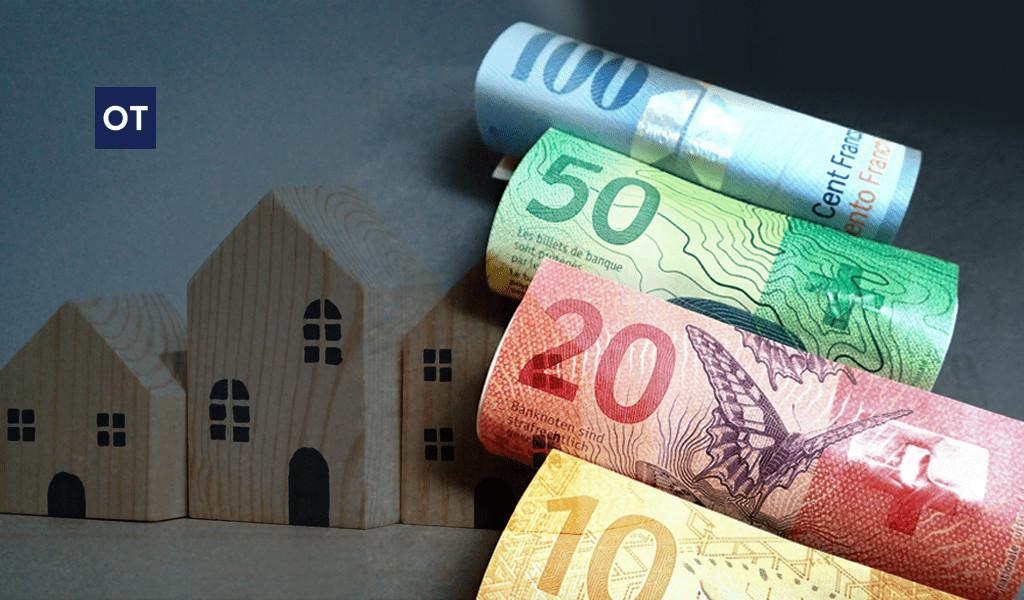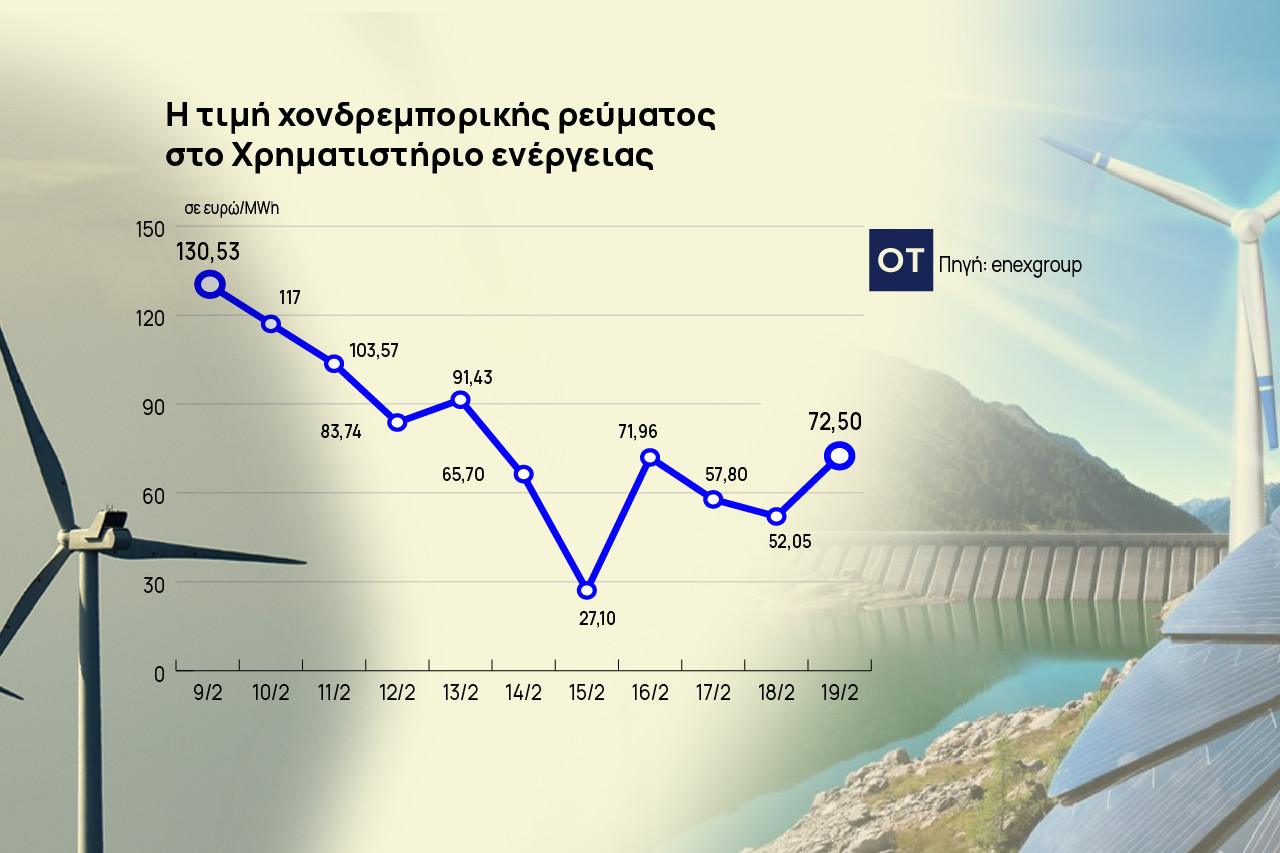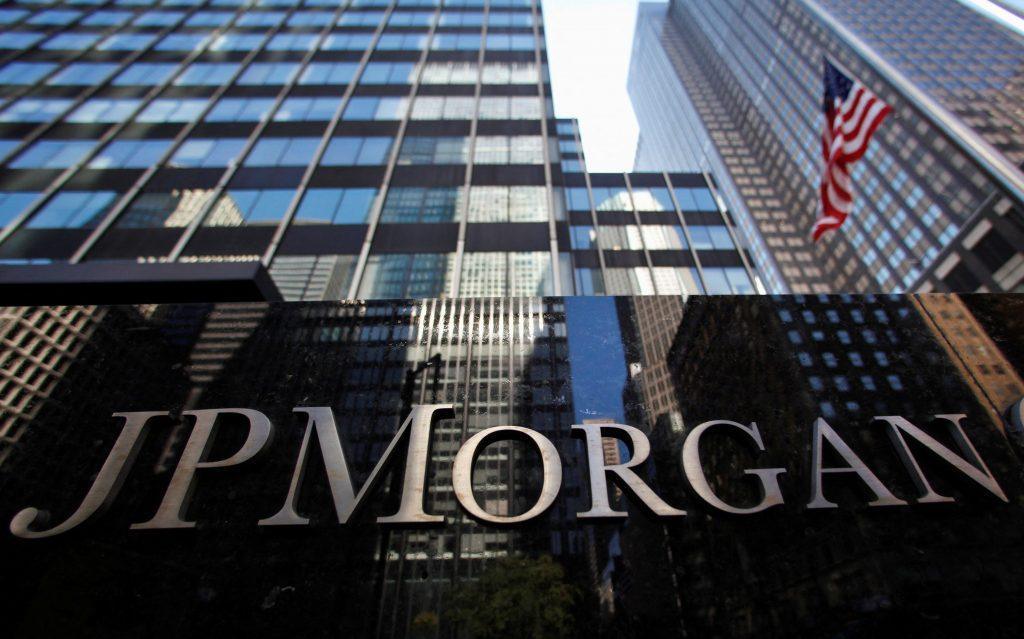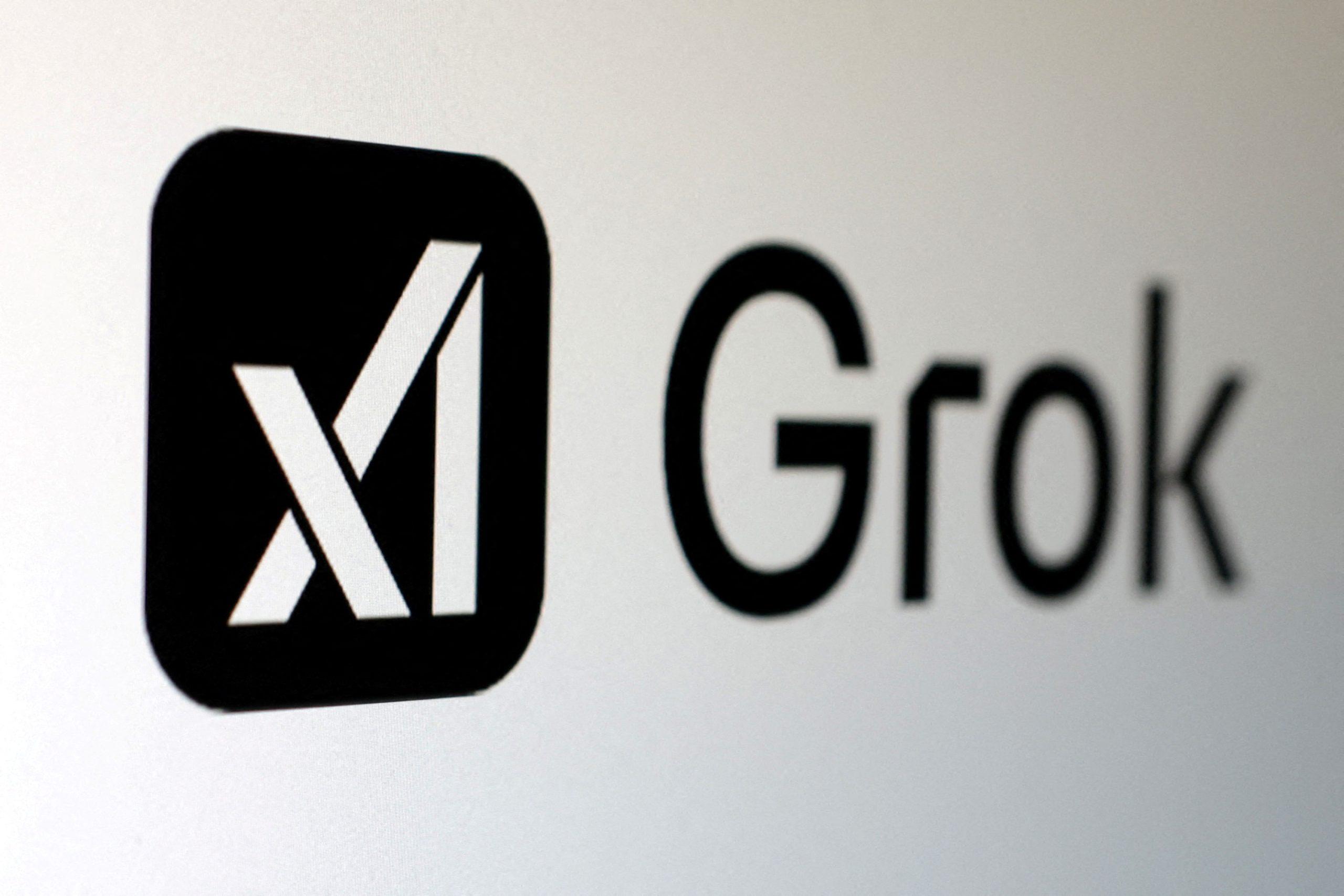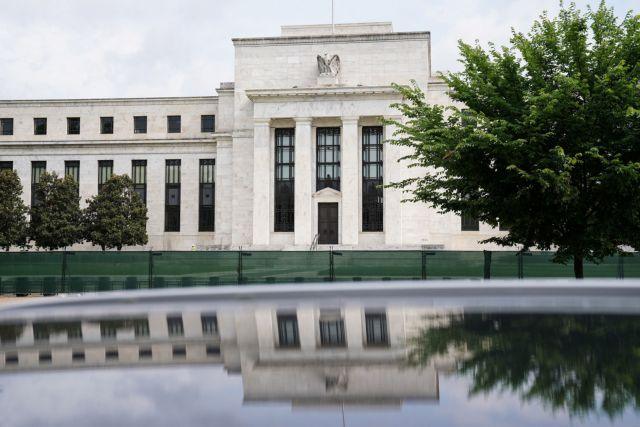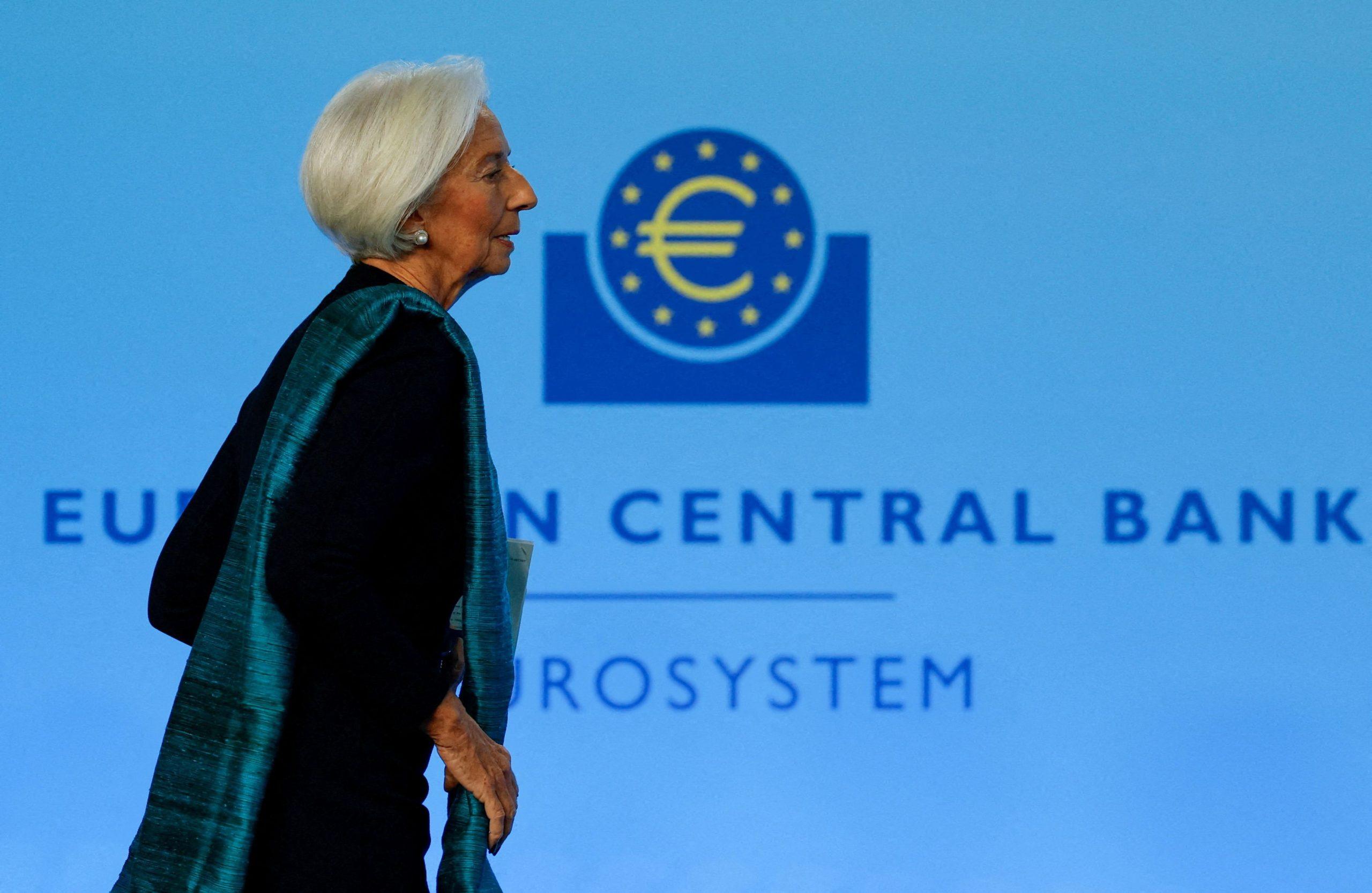Housing loans in 2021 made an impressive finale with the amounts of the loan agreements signed in December reaching a high of 7.5 years, with an annual increase of 100%.
According to the official data of the Bank of Greece, the new financing that was contracted in the last month of last year, approached 160 million euros.
In this way, in 2021 the market exceeded the level of 1 billion euros, something that hadn’t happened since 2014.
This return, as well as the previous fall, are due to changes in both the supply and demand of money in recent years.
On the one hand, banks after the imposition of capital controls and their third forced recapitalization in 2015 became much more conservative.
They tightened the criteria for examining the creditworthiness of the interested parties and were quite sparing in terms of the amount and the percentage of financing of each loan.
At the same time, however, in terms of demand, there was a decrease after the 2015 adventure and an increase in the country’s risk of exiting the euro.
Stabilization
It took more than two years to stabilize the system and improve the psychology of households, as the worst for the country was averted.
Thus, gradually both demand and supply began to strengthen, starting from 2017.
The market started from around 400 million euros in 2016 to exceed as mentioned above 1 billion euros last year.
The findings of the latest bank lending survey conducted by the Bank of Greece, which show that demand has risen for 6 consecutive quarters, are not just coincidental.
In fact, the forecast for the first quarter of 2022 is that it will be further strengthened.
Interest rates
An important role in accelerating the growth rates of mortgage credit has been played by the significant reduction in interest rates and the launch from the end of 2018 of attractive programs with fixed installments even for the entire repayment period.
During this period, the shift of consumers to products with fixed interest rates is evident, which in most cases move around the 3% zone.
During the last year, more than 4 out of 10 loans were granted with a fixed interest rate of more than 5 years, while in about 80% of the cases, the installment lock was chosen for the entire repayment period.
Particularly attractive are the floating interest rates, which on average, based on the Bank of Greece, are around 2.50%, at a time when everything is possible for the development of linked European indices.
Their difference with the constants today amounts to 50 – 60 basis points. Therefore, such an increase in euribor interbank interest rates will nullify the benefit that exists today.
From rent to ownership
In any case, low interest rates on mortgages combined with rising rents have made it more profitable to buy a home with bank financing than to rent one.
On the one hand, paying the rent every month, although it offers housing, does not return anything in terms of investment.
Conversely, in the case of buying a home, either with own resources or by taking out a mortgage, the property is a property that provides imputed income if owned.
There is also the possibility of profit in case of future resale.
Finally, the installment of a mortgage loan can be at about the same level as the monthly rent. So there is no difference in the annual cost of housing.
It is noted, however, that the purchase of real estate with bank lending presupposes the same participation of the interested party at a rate of at least 20% on the commercial price.
But even this barrier may be removed with leasing, which soon extends to individuals.
This way the household will not need to be involved in the first phase with a minimum amount of financing.
This is because the natural person will rent the house with a predetermined rent from the leasing company for a specific period of time.
If he wants to buy the house, he will have to pay a large installment, agreed from the beginning, after the end of the lease.







